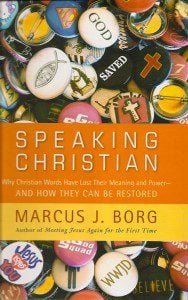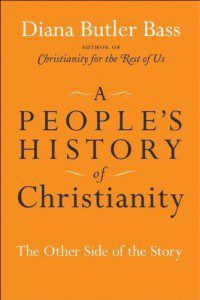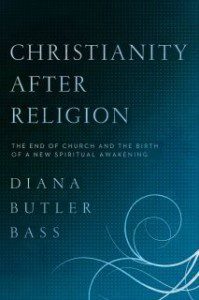Whatever is foreseen in joy / Must be lived out from day to day. / Vision held open in the dark / By our ten thousand days of work. / Harvest will fill the barn; for that / The hand must ache, the face must sweat. And yet no leaf or grain is filled / By work of ours; the field is tilled / And left to grace. That we may reap, / Great work is done while we’re asleep. / When we work well, a Sabbath mood / Rests... Read more














Magnificat! Learning to Sing Mary’s Song (A Progressive Christian Lectionary Commentary on Luke 1:46-55)
I love that the Revised Common Lectionary includes the Magnificat as the alternative Psalm reading for the third Sunday of Advent. Mary was bold to sing about God, “You have brought down the powerful from their thrones, and lifted up the lowly / You have filled the hungry with good things, and sent the rich away empty.” And this Advent season, I invite to consider, “How is God calling you to sing new lyrics to Mary’s song?” How are hope, peace, joy,... Read more